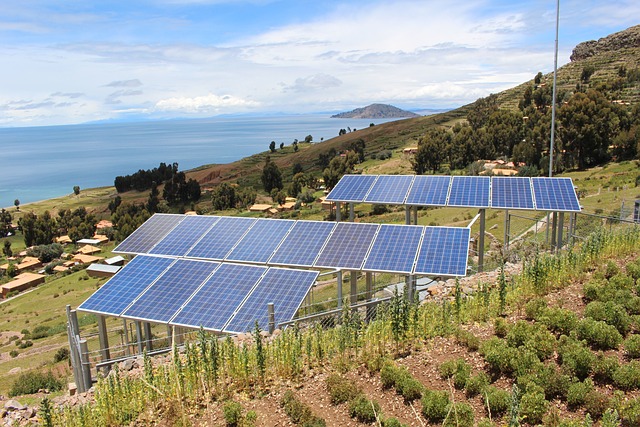In recent years, there has been a significant shift towards adopting eco-friendly practices and embracing sustainable lifestyles. This global trend is fueled by a variety of factors, ranging from heightened environmental awareness to economic advantages. Let’s explore why more individuals and communities choose to go green.
Increasing Environmental Awareness
A primary driver behind the rise of green living is the increasing awareness of environmental issues, particularly the urgent need to address climate change. As people become more informed about the detrimental effects of carbon emissions, deforestation, and pollution, there is a collective push toward adopting practices that minimize ecological impact. This awareness is prompting individuals to reconsider their consumption habits and opt for sustainable alternatives. For more information on solar panels and sustainable living options, visit customsolarandleisure.com.
Economic Benefits
Beyond environmental concerns, there are compelling economic incentives driving the shift toward sustainability. For instance, energy-efficient technologies and practices can significantly reduce utility bills over time, making them financially advantageous for homeowners and businesses alike. Additionally, governments and organizations often offer financial incentives such as tax credits and subsidies to encourage the adoption of renewable energy sources like solar power. These incentives promote sustainable practices and make green technologies more accessible and affordable.

Solar Panels: Harnessing Renewable Energy
Solar energy has emerged as a frontrunner in the renewable energy sector, attracting widespread interest from homeowners and businesses seeking clean energy solutions. Solar panels harness sunlight to generate electricity, offering a sustainable alternative to traditional fossil fuels. The declining costs of solar technology, coupled with advancements in efficiency and storage capabilities, have made solar panels increasingly viable and cost-effective.
Installing solar panels empowers individuals to decrease their reliance on grid-supplied electricity and potentially produce surplus energy. This excess energy can be reintroduced into the grid through net metering programs, enabling homeowners to offset their electricity expenses and bolster the availability of sustainable energy. Moreover, solar power is eco-friendly, emitting zero greenhouse gases during operation, thus appealing to environmentally aware consumers aiming to shrink their carbon footprint.
Shifting Consumer Preferences
Changing consumer attitudes and preferences are also driving the demand for sustainable products and services. Millennials and Generation Z, in particular, prioritize environmental responsibility and are inclined to support businesses that demonstrate a commitment to sustainability. This demographic shift has compelled businesses across various sectors to integrate eco-friendly practices into their operations, from sustainable sourcing to waste reduction initiatives.
Moreover, the power of social influence cannot be underestimated in shaping consumer behavior towards sustainability. Social media platforms and online communities amplify awareness about environmental issues and showcase innovative green solutions. Individuals are increasingly motivated by peer examples and success stories of adopting eco-friendly practices, fostering a collective movement towards greener lifestyles.

Community Engagement
Communities play a crucial role in championing and advancing sustainable initiatives. Through collaboration among local governments, nonprofit organizations, and community groups, efforts are focused on implementing recycling programs, advancing renewable energy projects, and advocating for environmental policies. These collective actions not only raise awareness but also foster a sense of shared responsibility toward preserving natural resources and reducing environmental impact. Community-driven efforts not only raise awareness but also foster a sense of shared responsibility toward preserving natural resources and reducing environmental impact.
Conclusion
The growing embrace of green living practices, including the widespread adoption of solar panels, reflects a global commitment to sustainability driven by environmental awareness, economic benefits, shifting consumer preferences, and community engagement. By choosing to incorporate sustainable practices and technologies like solar energy into everyday life, individuals and communities can contribute to mitigating climate change and creating a healthier planet for future generations. As the momentum towards sustainability continues to grow, so too does the promise of a greener and more sustainable future for all.




